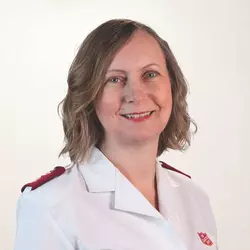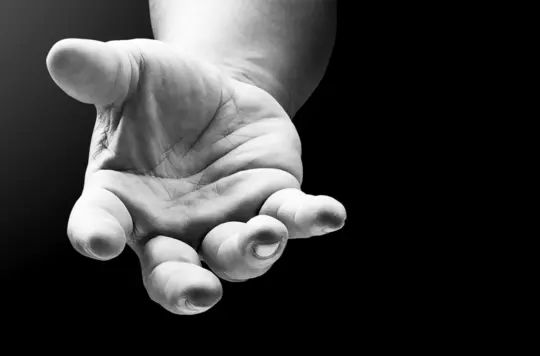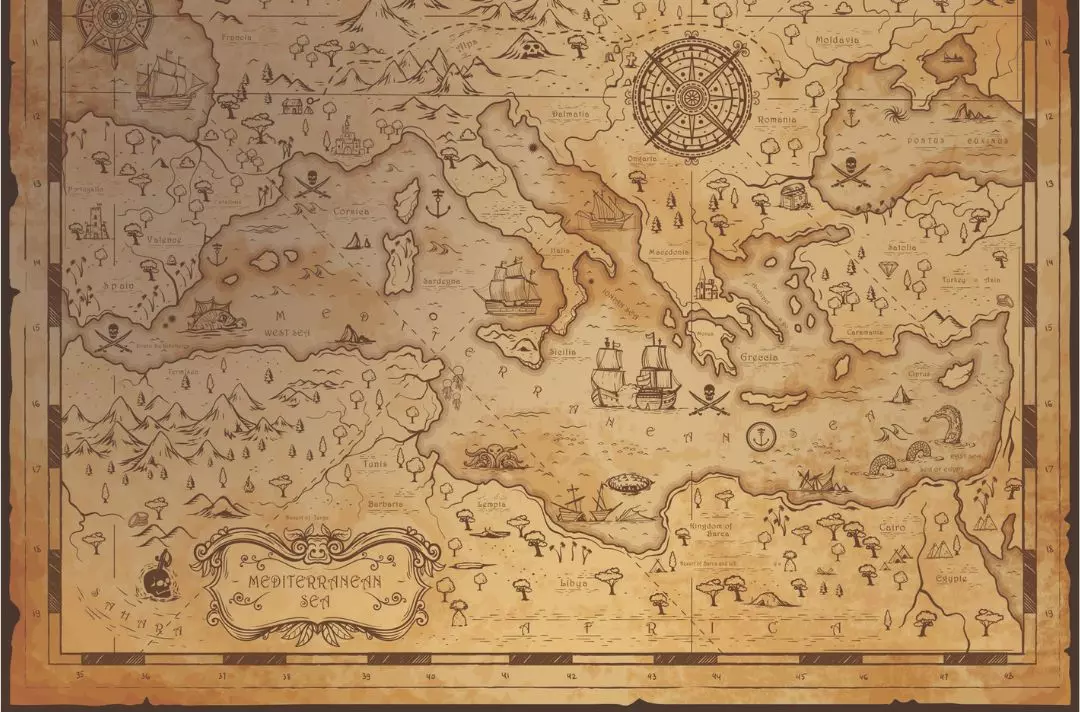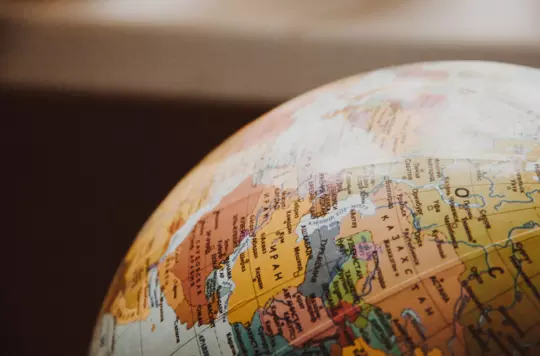31 August 2024
Here is love
Major Kerry Coke
Major Kerry Coke discovers a place of safety and protection.
Key text
I have never been good at geography. I can remember people but, when it comes to places, I seem to draw a complete blank. Oddly, though, I love looking at maps – the older the better. I like the way the outline of various countries has changed shape over time, as our ability to accurately represent a landmass has increased. I’m especially amused by the unknown parts of very old maps that just say ‘here be dragons’. I wonder who – or what – our ancestors thought lived in those places.
Pause and reflect
- Are there parts of your own map that you relegate to ‘here be dragons’ status, because you don’t want to have to think about them or deal with them?
The opening four verses of Psalm 36 have something of a ‘here be dragons’ feel to them. They speak of a person, maybe even an entire community, stuck in a dark and dangerous place.
Remember that the Psalms are poetry and use metaphors and literary devices to express what is happening. They are both personal and communal, and they give us a vocabulary for praise and pain, joy and fear, direction and confusion. How you read these verses may be very different to the way someone else reads them.
However, I think we can agree that if this psalm were a map, these verses would not have made it into the illustrated details and would simply be referenced as ‘here be dragons’.
Some psalms refer to the ‘pit’ (Psalm 30:9; Psalm 40:2) as being a place you don’t want to go to. The ‘pit’ could have been a physical place where people were cut off from family and friends for one reason or another, with little agency over their own lives. Or, because the Psalms are poetry, the ‘pit’ could be understood metaphorically, referring to feeling closed off from God and others, almost as if you don’t exist anymore and are forgotten about.
There are all sorts of reasons this could – and can – happen. Some are self-inflicted. We can put ourselves in this place due to our own sinfulness and self-centredness. It’s even possible that we are not aware we are digging ourselves into a pit of wickedness, deceit and foolishness. Other reasons could be circumstantial, such as sickness or a complex family situation.
Pause and reflect
- Can you remember a time when you were in the ‘pit’?
- How did it feel?
- How did you feel about God during this time?
Whatever the reason or circumstance, this ‘here be dragons’ pit has the image of being a dark, joyless and discouraging place. In the English language, we even talk about something that is happening to us that we don’t want as being ‘the pits’.
In verses 5 to 9, the psalmist reminds us that there is nowhere too deep or too dark for God’s love to reach. Where once the map said ‘here be dragons’, it now reads ‘here is love’. Hallelujah!
My favourite verse in this psalm is verse 7, which says: ‘People take refuge in the shadow of your wings.’ We have hope because we can be protected from falling into the pit and find safety under the shadow of the protective wings of God.
In Praying the Psalms: Engaging Scripture and the Life of the Spirit, Old Testament scholar Walter Brueggemann writes: ‘Whereas pit speaks of danger and threat, wings speak of safety, tenderness and nurture’.
There are lots of mentions of ‘wings’ in Scripture, especially in the Psalms. They symbolise hope, trust, safety, wellbeing and a closeness to God that forces our gaze into his eyes, rather than on the things around us that are hurting or harming us. As a child in their mother’s arms looks into her eyes to feel cared for and safe, we too are drawn up and covered by God’s wings, in whose eyes we see not a dark pit, but light (see v9).
All of us journey through life from the darkness and disorientation of sinfulness to the wonderful gift of love and life. Let this psalm remind you that we don’t have to make the change ourselves – only God can rename a place of dragons as a place of love.
God’s promise of love, shelter, peace, joy, hope and forgiveness is not a promise for the future alone. Verse 7 reminds us that it’s a present reality for all people in whatever circumstance we find ourselves today.
If we carry guilt – God’s love is greater!
If we are too self-obsessed – God’s love is wider!
If we are careless with our words – God’s love is higher!
If we are foolish – God’s love is deeper!
Pause and reflect
- Can you think of events or experiences that have been difficult for you, but during which you experienced the wings of God’s safety and deliverance?
Friends and travellers on the way, we are free to rest in the unfailing love of God and drink from the river of his delights. Join me in boldly stamping out the dragon and declaring: here is love!
Bible study by

Major Kerry Coke
Assistant Secretary for Mission, THQ
Discover more

Major Nick Hanover reminds us that resilient faith treats difficulty as an opportunity for growth.

Major Wendy Stanbury reminds us to bring the light of Jesus into the darkness of our world.

Commissioner Paul du Plessis considers the light of the Saviour in today’s dark world.

